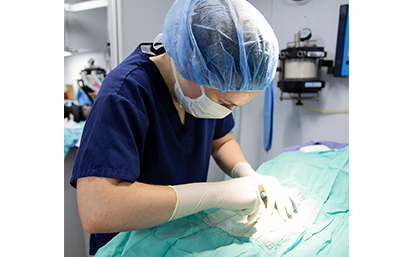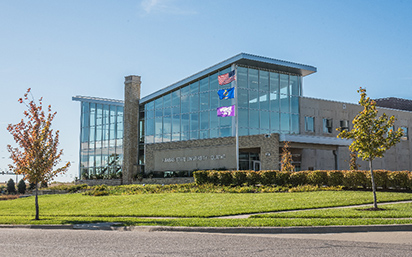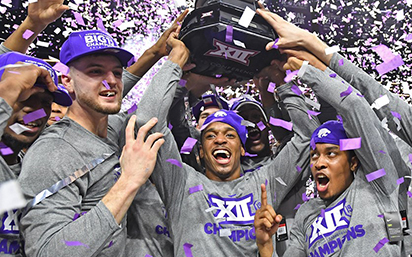
Wildcats celebrate Big 12 Championship; women’s and men’s basketball wraps up for the season
Purple and white confetti rained down onto the court at Bramlage Coliseum as the K-State
men’s basketball team lifted the Big 12 Championship trophy high above their heads,
surrounded by cheering fans.
The Wildcats clinched the Big 12 regular season title on Senior Day, March 9, with
a 68-53 win over Oklahoma in front of a sold-out crowd. Understandably, it was an
emotional moment for seniors Barry Brown Jr., Kamau Stokes and Dean Wade, who combined
to score 45 of those 68 points in their final game at Bramlage.
“It’s bittersweet. We’ve done our time here,” Wade said. “It definitely hit me walking
off the floor for the last time. It’s been an unbelievable journey.”
“I think we all saw this day coming,” Brown echoed. “We knew the work we put in year
by year, day by day, to get to this point. We knew we were a good team. Maybe we had
some tough losses, maybe we had some losses we shouldn’t have had, injuries, but we
still knew if we bought in every day, fought every day, played every game hard, like
it was our last, that it was just a matter of time for us to get this thing.” K-State shared the Big 12 Championship title with Texas Tech and entered the Big 12
Tournament the following week as a No. 1 seed. The team lost in the semifinals to
Iowa State, who went on to win the tournament.
K-State shared the Big 12 Championship title with Texas Tech and entered the Big 12
Tournament the following week as a No. 1 seed. The team lost in the semifinals to
Iowa State, who went on to win the tournament.
Sadly, the Wildcats’ journey in the NCAA Tournament came to an end too soon, with
a loss in the first round to UC Irvine. And even though the players commented on how
much the loss hurt, they’re proud of what they accomplished this season. And the younger
players will keep carrying on the legacy left by Brown, Stokes and Wade.
“Their effort, their work ethic…they showed us everything,” sophomore Levi Stockard
III said. “They set great examples for us. We just have to follow their steps, carry
the load. They showed us how to do it. Now we have to do it.”
Wade sees a promising future ahead for K-State.
“We came from, obviously, being one of the worst teams in the Big 12 to winning the
Big 12 this year,” Wade said. “Hopefully it just starts the foundation for K-State basketball. Always
work hard and you can do anything. You just have to believe in each other, even through
rough times, like we did for a couple years there. Hopefully this foundation for K-State
basketball keeps on growing.”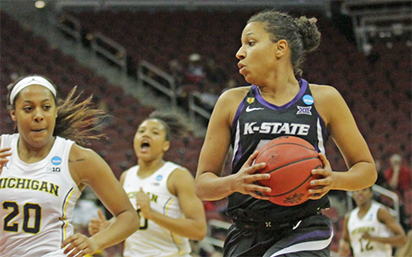 The K-State women’s basketball team made a splash as a No. 5 seed in their first game
during the Big 12 Tournament, defeating West Virginia 72-59, before falling to Baylor
in the semifinals, 88-60.
The K-State women’s basketball team made a splash as a No. 5 seed in their first game
during the Big 12 Tournament, defeating West Virginia 72-59, before falling to Baylor
in the semifinals, 88-60.
They also made an appearance in the NCAA Tournament this year, but their season was
ended by the Michigan Wolverines’ 84-54 win.
Still, the ’Cats were proud that they made it to the tournament this year, and they’re
proud of how hard they fought to get there.
“I think it just put a chip on our shoulders because we knew we wanted to be in that
NCAA Tournament last year, and we did not get in. I think it was good playing in the
(WNIT), for sure, but it wasn’t where we wanted to be,” said sophomore Rachel Ranke.
“We wanted to be in the NCAA Tournament. So, knowing that we’re here now is exciting.”
— Special thanks to K-State Athletics for supplying information for this article.

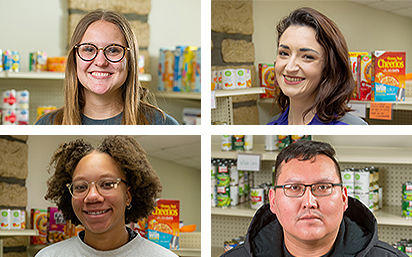
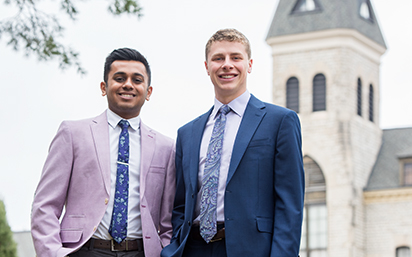
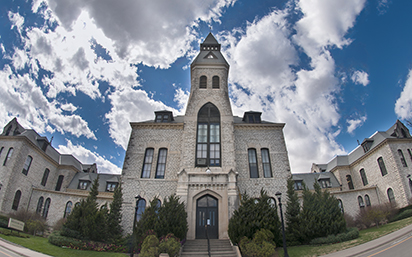 When they were running for office, Penny and Karamali said they cultivated a platform
that prioritized cost and affordability, food insecurity, and health and wellness.
When they were running for office, Penny and Karamali said they cultivated a platform
that prioritized cost and affordability, food insecurity, and health and wellness.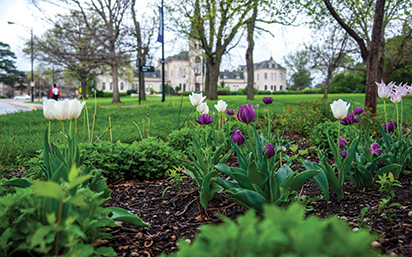 While Penny and Karamali’s primary focus is on students, they’re also excited to involve
K-State alumni in their mission.
While Penny and Karamali’s primary focus is on students, they’re also excited to involve
K-State alumni in their mission.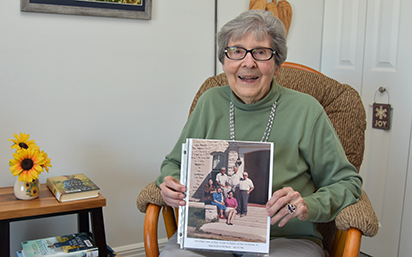
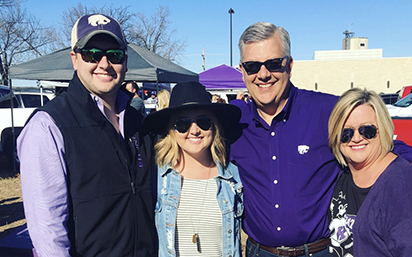 “My brother Connor Schmidling and I grew up in Leavenworth, Kansas, with our parents
Anne and Craig (also K-State alumni). Our mom played golf at K-State and got a business
degree in 1986. Our dad also went to K-State where he got his degree in industrial
engineering in the fall of 1987.
“My brother Connor Schmidling and I grew up in Leavenworth, Kansas, with our parents
Anne and Craig (also K-State alumni). Our mom played golf at K-State and got a business
degree in 1986. Our dad also went to K-State where he got his degree in industrial
engineering in the fall of 1987.
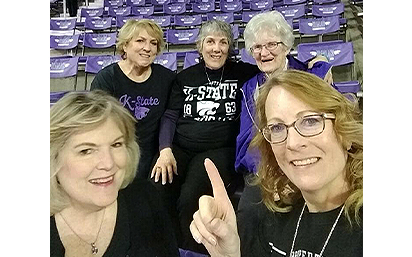

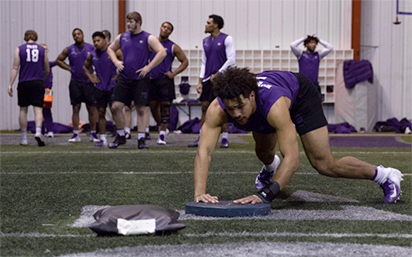
 In the meantime, Klieman has already been interacting with fans. In February, he visited
four cities in 40 hours — Garden City, Kansas; Dallas, Texas; Wichita, Kansas; and
Overland Park, Kansas. And during his short time in Manhattan, he has seen plenty
of the K-State family spirit on display. It is a tremendous asset when it comes to
recruiting and building a team.
In the meantime, Klieman has already been interacting with fans. In February, he visited
four cities in 40 hours — Garden City, Kansas; Dallas, Texas; Wichita, Kansas; and
Overland Park, Kansas. And during his short time in Manhattan, he has seen plenty
of the K-State family spirit on display. It is a tremendous asset when it comes to
recruiting and building a team.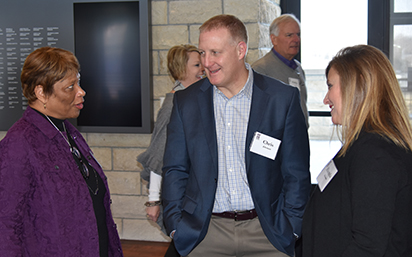 The K-State Alumni Association also thanks Coach
The K-State Alumni Association also thanks Coach 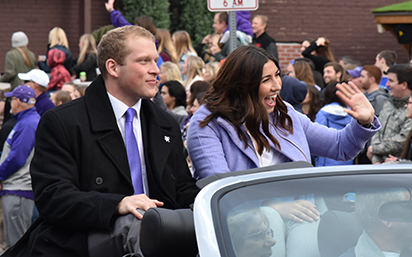
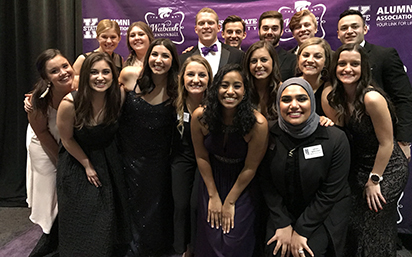 “Being a first-generation K-Stater, I always love hearing all of the different K-State
experiences alumni have had over the years,” Mash said. “I am so grateful for all
the experiences I have had thus far serving as an ambassador. Attending the Wabash
CannonBall in Kansas City and seeing so much purple pride in one room is a memory
and feeling I will never forget. I am so filled with gratitude that I have the opportunity
and platform to spread that same purple pride to past, present and future K-Staters.”
“Being a first-generation K-Stater, I always love hearing all of the different K-State
experiences alumni have had over the years,” Mash said. “I am so grateful for all
the experiences I have had thus far serving as an ambassador. Attending the Wabash
CannonBall in Kansas City and seeing so much purple pride in one room is a memory
and feeling I will never forget. I am so filled with gratitude that I have the opportunity
and platform to spread that same purple pride to past, present and future K-Staters.”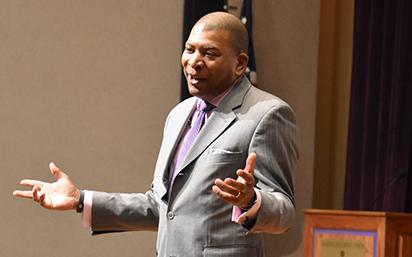
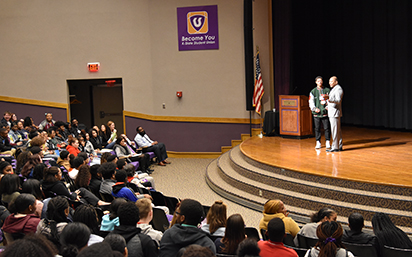
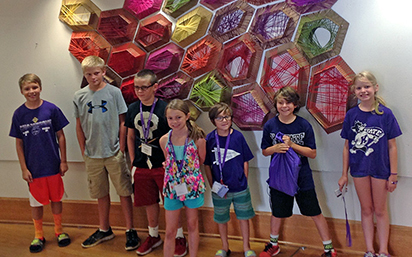
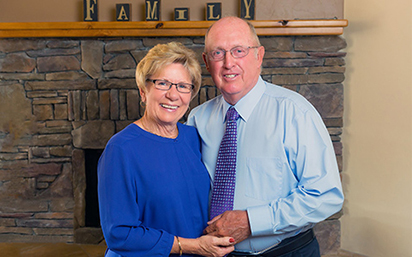
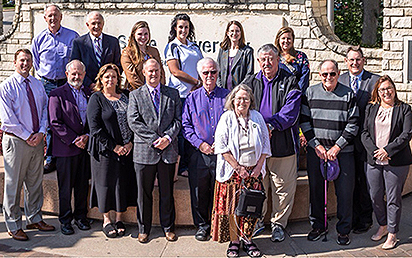 Sambhudas Chaudhuri, or “Sam” to his students, is believed to have taught more than
15,000 students in his 51 years of teaching, mentoring and performing award-winning
research in geochemistry at Kansas State University.
Sambhudas Chaudhuri, or “Sam” to his students, is believed to have taught more than
15,000 students in his 51 years of teaching, mentoring and performing award-winning
research in geochemistry at Kansas State University.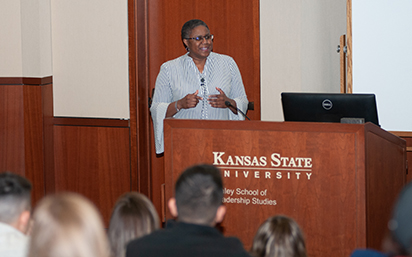
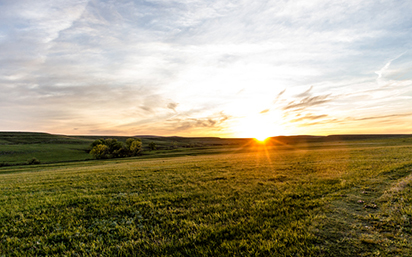
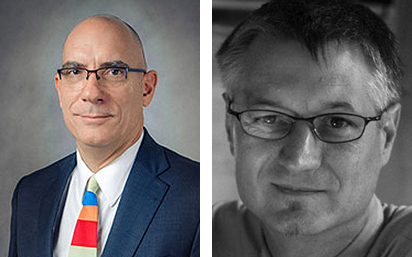
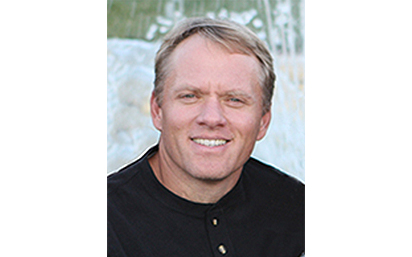
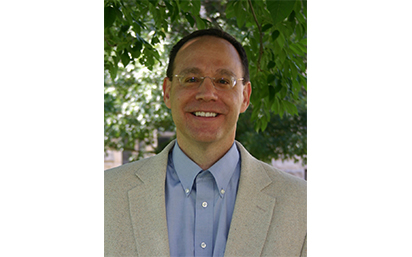
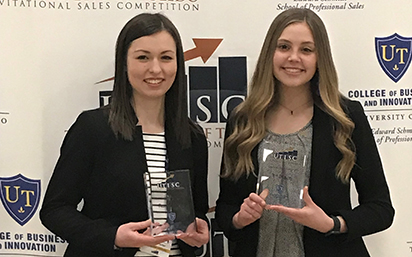
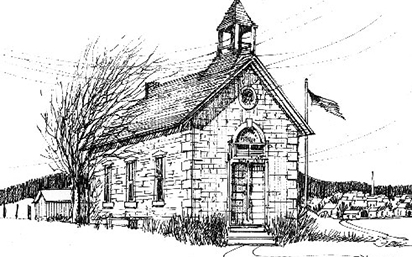
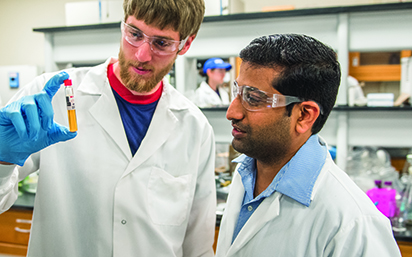
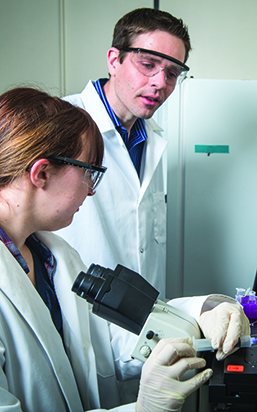

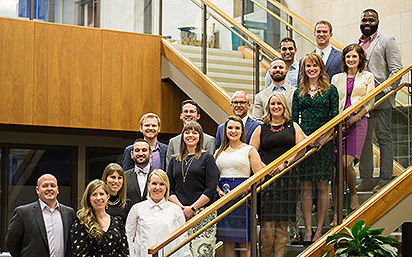
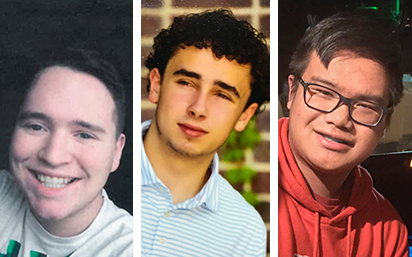
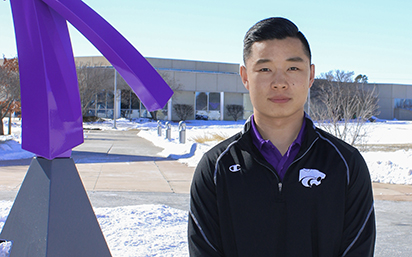
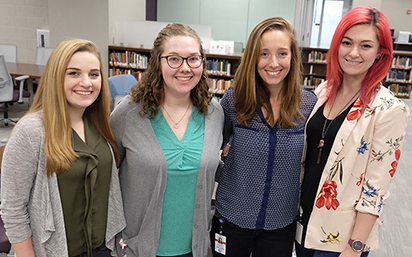
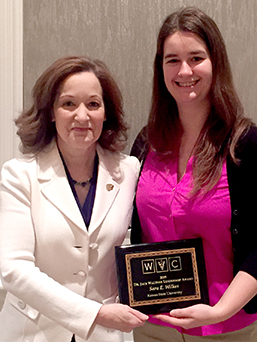 Third-year veterinary student Sara Wilkes, Wichita, Kansas, was one of 37 students
selected to receive a Dr. Jack Walther Leadership Award at the Western Veterinary
Conference, held Feb. 17-20 in Las Vegas, Nevada.
Third-year veterinary student Sara Wilkes, Wichita, Kansas, was one of 37 students
selected to receive a Dr. Jack Walther Leadership Award at the Western Veterinary
Conference, held Feb. 17-20 in Las Vegas, Nevada.